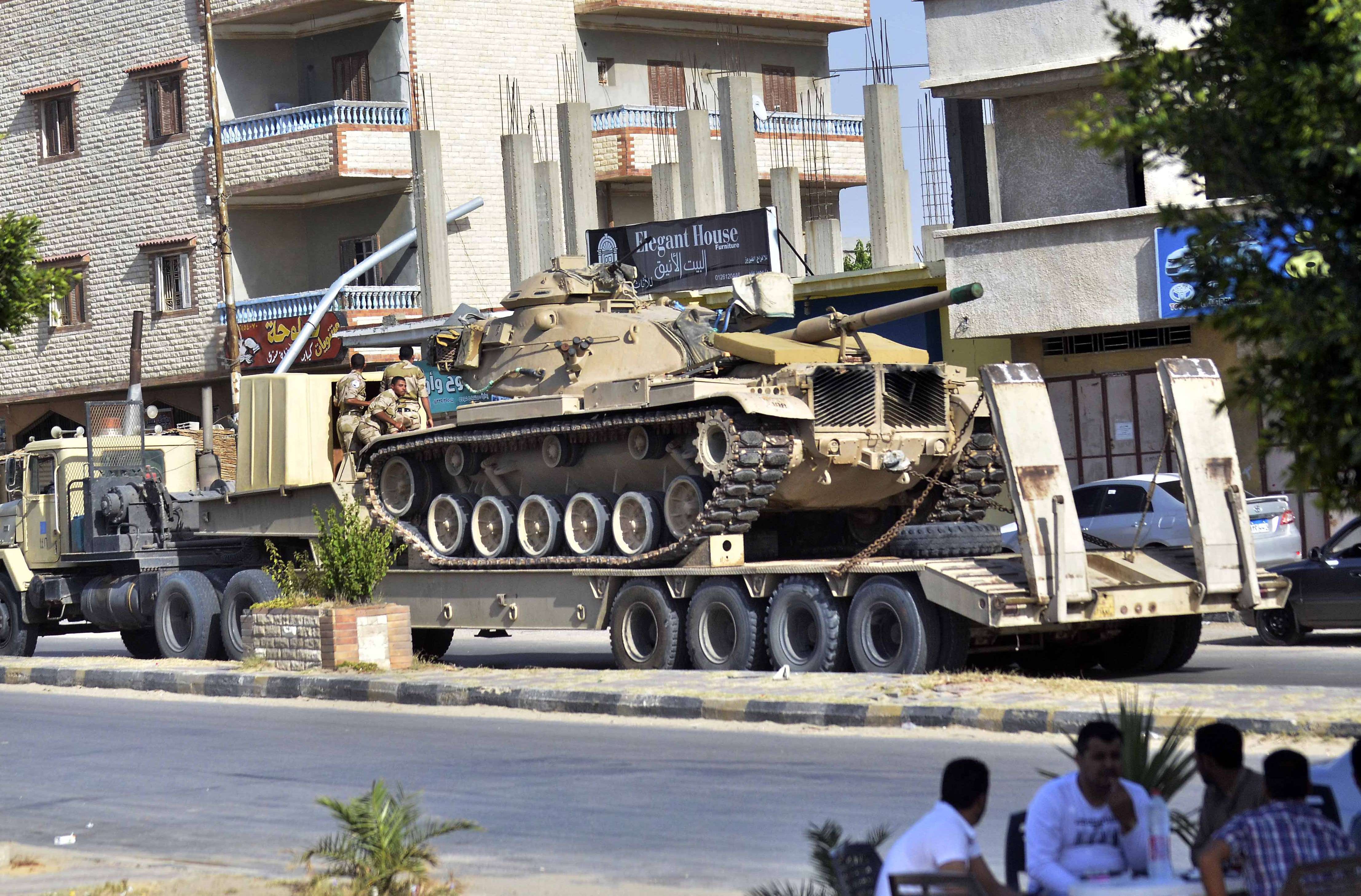CAIRO: President Hosni Mubarak warned against any military strike on Iran in an interview published on Saturday. The United Nations Security Council has demanded Iran suspend uranium enrichment by the end of the month after Tehran failed to persuade the international community its atomic scientists were working on power stations, not bombs. Washington has declined to rule out military strikes as a solution to the nuclear dispute. The conflict between the United States and Iran must be resolved through diplomatic channels and direct dialogue, because any strike on Iran means the end of stability in the region and the world, Mubarak said in an interview published on Saturday in Egypt s Akhbar Al-Youm newspaper. Iran has set itself an Aug. 22 deadline to respond to an offer of economic incentives designed to persuade it to comply with the suspension demand. Egypt has not had full diplomatic relations with Tehran in more than 25 years and high-level contacts are rare, usually limited to international meetings. But Iranian Foreign Minister Manouchehr Mottaki came to Egypt last week for talks with Mubarak on the conflict in Lebanon and other regional issues. In April, Foreign Minister Ahmed Abul-Gheit received a telephone call from Mottaki on the nuclear issue, and the ministers agreed to stay in touch. Iran is an important country in the region, and relations between countries are governed by pacts and treaties and agreements that prohibit interference in any internal matters of the countries, Mubarak said in the interview. Egypt, one of 35 countries on the board of the International Atomic Energy Agency, says it is against any nuclear weapons in the Middle East, but wants the dispute resolved peacefully.
Relations between Egypt and Iran were severed when Cairo gave refuge to the deposed Shah of Iran, who died in Egypt. Over the years, the Egyptian government has repeatedly accused Iran of supporting underground Islamist groups.
In the published interview, Mubarak also appeared to soften his stance on Hezbollah, calling the guerrilla group part of the Lebanese national fabric.
Resisting the occupier is a legitimate right under the condition that it springs from free will and in accordance to the supreme national interest, Mubarak said.
Mubarak was among some Arab leaders who initially blamed Hezbollah for carrying out an uncalculated adventures when the group kidnapped two Israeli soldiers on July 12, sparking the deadly conflict that lasted 34 days before a cease-fire went into effect Monday.
Mubarak came under sharp criticism by other leaders including Syrian President Bashar Assad, who said Tuesday that we do not ask anyone to fight with us or for us … But he should at least not adopt the enemy s views.
In an apparent response, Mubarak said in the interview that the region shouldn t tolerate cheap rhetoric. Agencies


